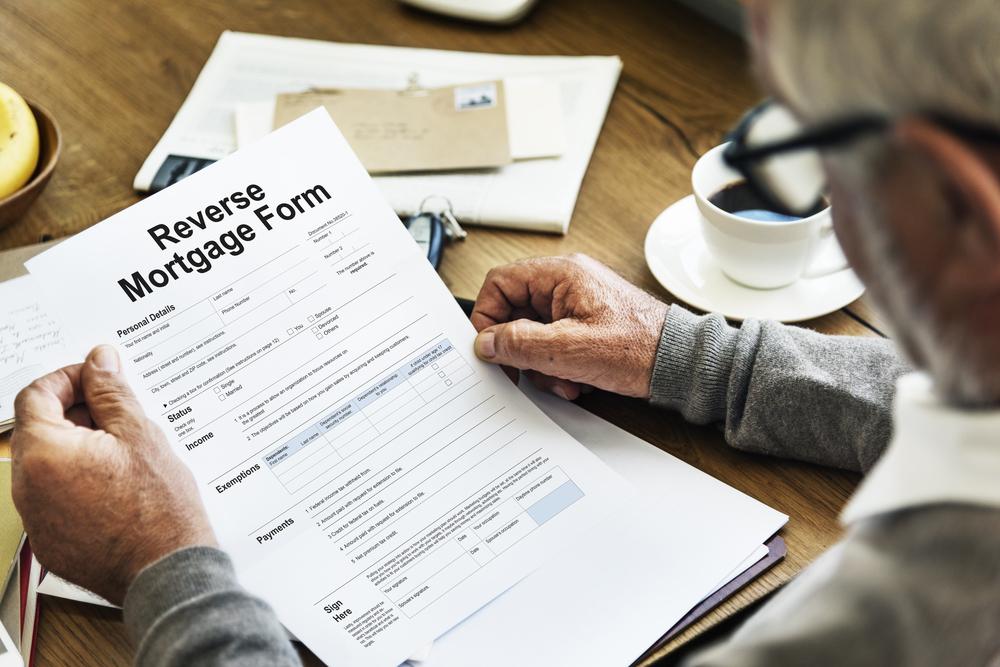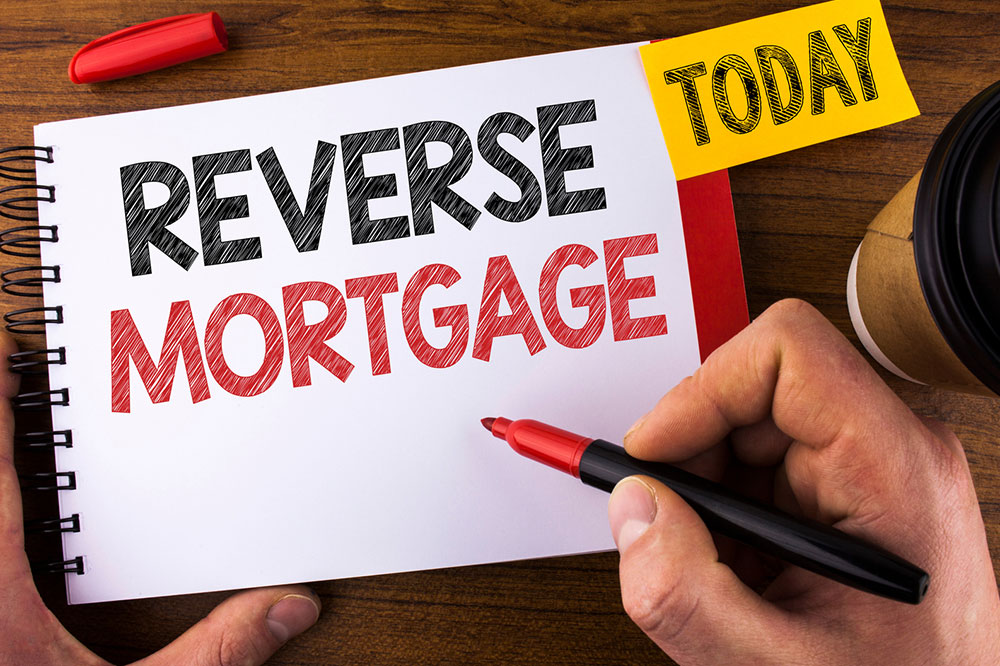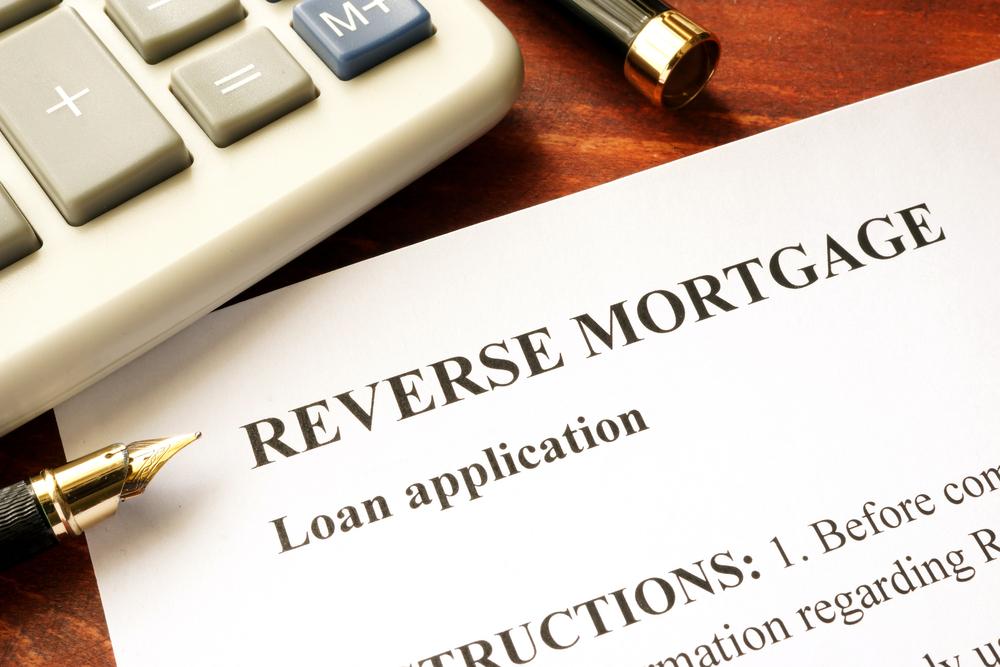Comprehensive Guide to Securing the Best Reverse Mortgage Options for Seniors
This comprehensive guide offers seniors in-depth insights on selecting the best reverse mortgage options. It covers key factors such as eligibility, property valuation, interest rates, and choosing reputable lenders. The article emphasizes the importance of working with FHA-certified institutions and industry associations like NRMLA to ensure transparency and security. Learn how to navigate reverse mortgage options safely for a stable retirement, avoid scams, and make informed financial decisions that support long-term stability and independence. Ideal for seniors planning their financial future.

Comprehensive Guide to Securing the Best Reverse Mortgage Options for Seniors
For many seniors aged 62 and above, a reverse mortgage can be an effective financial solution to unlock the wealth tied up in their homes. This specialized financial product, largely overseen by the Federal Housing Administration (FHA), offers an opportunity for homeowners to convert the equity of their properties into cash while still residing in their homes. Unlike traditional mortgages, a reverse mortgage does not require monthly payments, providing seniors with a flexible way to manage their finances, cover expenses, or pay off debts. Understanding how to choose the right reverse mortgage plan is essential for ensuring a secure and comfortable retirement.
Numerous lenders now offer reverse mortgage products, each with their own terms, interest rates, and eligibility criteria. Navigating this landscape requires a clear understanding of key factors that influence the suitability of a reverse mortgage for your specific financial situation.
Important Factors to Consider When Choosing a Reverse Mortgage
Property Age and Borrower’s Eligibility Age: Typically, borrowers must be at least 62 years old; the homestead property must usually be a primary residence and meet certain age and condition requirements.
Current Property Valuation versus Outstanding Loan Balance: The amount of equity available depends on the home's current market value compared to any existing mortgage balance. A higher property value often results in more funds available.
Interest Rate Applied to the Loan: Reverse mortgages accrue interest over time, and the type of interest rate (fixed or variable) impacts the total amount owed. Understanding the rate structure helps in making an informed decision.
Strategy for Finding the Ideal Reverse Mortgage Lender
Verify that the lender adheres to industry standards by checking their licensing status and reputation.
Ensure the lender is FHA-certified or affiliated with FHA-approved programs to guarantee compliance and security.
Look for members of reputable industry associations such as the National Reverse Mortgage Lenders Association (NRMLA), which uphold strict ethical standards and best practices.
Working with reputable organizations like NRMLA ensures that lenders follow rigorous regulations and transparent procedures. It's crucial to prioritize lenders that provide clear, easy-to-understand policies and terms. Conduct thorough research and compare different offers before making a decision. Doing so can help you avoid scams, hidden fees, or unfavorable terms that might compromise your financial security.
One notable feature of reverse mortgages is that they are designed to be paid back only when the loan maturity occurs—commonly upon the death of the borrower or when they move out permanently. This makes reverse mortgages especially suitable for seniors who wish to remain living in their own homes without the burden of monthly mortgage payments. However, careful assessment of your financial circumstances and adherence to industry standards are essential to ensuring a positive experience with this financial product.
In conclusion, selecting the right reverse mortgage plan involves understanding key factors like eligibility, property valuation, interest rates, and choosing trustworthy lenders. Proper research and adherence to industry guidelines will help secure a safe, beneficial financial solution for seniors seeking to maximize their home equity while maintaining their independence and comfort in their primary residence.





